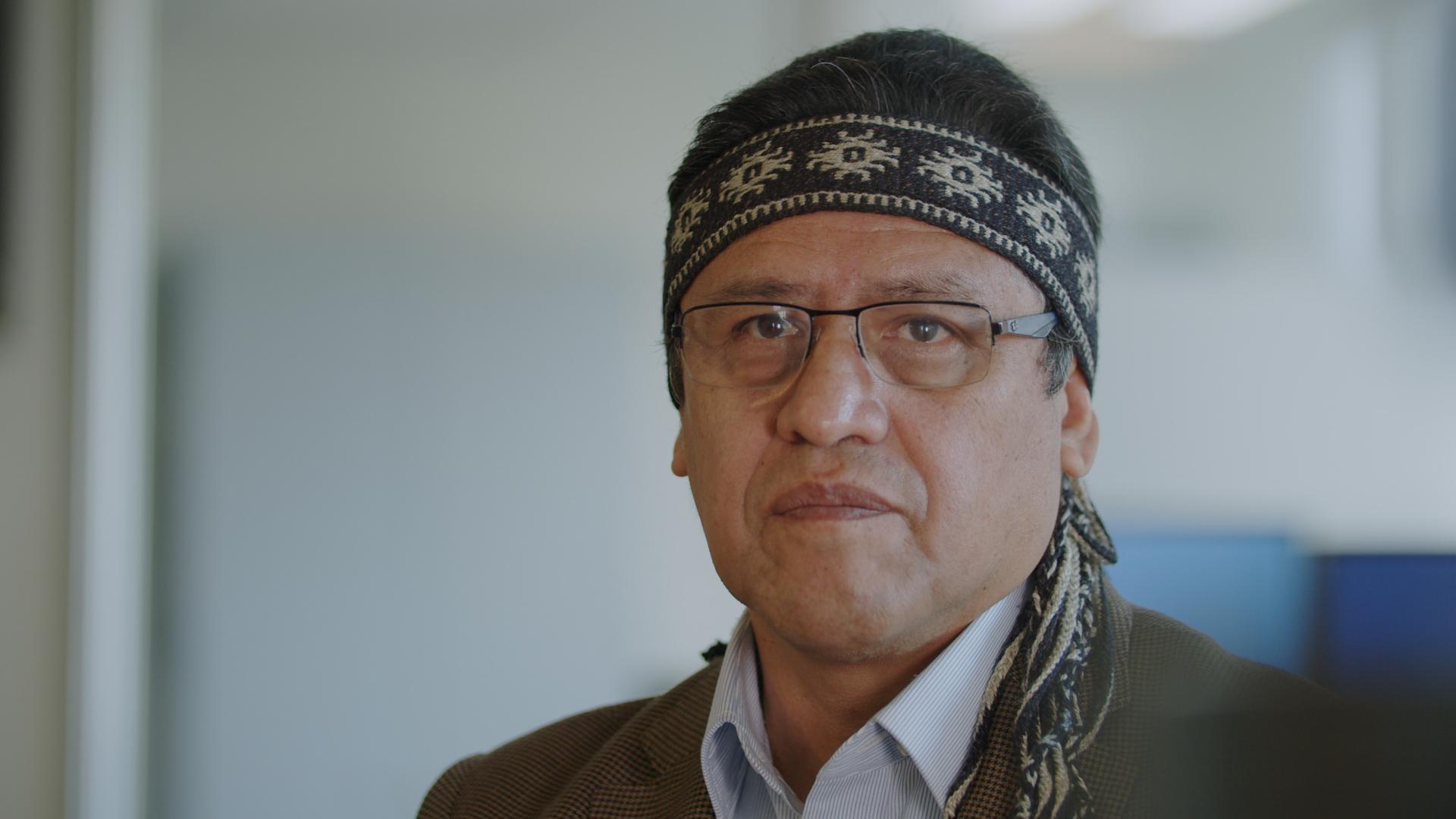By Javier Martin |
Santiago de Chile (BLAZETRENDS).- The recognition of indigenous peoples in the new Constitution of Chile is not a sufficient milestone, it must include real collective rights in cultural issues and recovery and management of the territory, warned Efe Alihuen Antileo, sole representative indigenous people elected to the new Constituent Council.
In an exclusive interview, the Mapuche lawyer stressed that he will also fight for indigenous peoples “to have political participation in those instances where public policies that directly affect us are decided, such as the national budget.”
“Later we will make the corresponding balance that was achieved and that was not, and based on that we will set our position collectively,” he said.
“Saying no to all of our demands could have the effect of the December exit plebiscite. If there is no enshrined right for indigenous peoples, call for a vote of rejection, ”he warned.
increasingly mobilized
No reserved seats among the 50 constituents, unlike at the last convention. And with the obligation to exceed 190,000 to be elected, few predicted that on this occasion there would be representatives of the original peoples.
“There is a trend of greater political and electoral participation on the part of the indigenous people in the last ten years and this trend is moderate but sustained…. the indigenous movement wants to continue to have decision-making power,” he added.
Other groups “have acquired decades-long rights for different reasons, but we indigenous people are in the same position we were 150, 200 years ago. We have nothing, we have never had a mention in any Constitution, that is the difference. It is better to have little to nothing. That’s how we set up the campaign.”
“We are not going to have the 45 or 50 articles that were proposed in the first one, but we can have five or six. And that is going to mean a lot of dialogue,” added the lawyer. Before admitting that the indigenous peoples are aware that with the first rejection they lost a historic opportunity.
Indigenous Rights: Land Restitution
Despite the fact that the majority of the ultra-right composes a constituent council that is less prone, a priori, to indigenous aspirations. Antileo believes that dialogue and future political calculations, together with the principles already agreed, offer them many chances of success.
Such as a greater presence in the congressional budget committee “where we have two deputies out of 155. Therefore, when proposing a budget increase, for example, in matters of health or indigenous culture, no, we practically did not influence nothing,” he explains.
“What do we order? Reserved seats there too. There are more conservative sectors that say no. But others that could be studied ”a number that varies between 3 and 17 if the percentage of indigenous population is taken into account, which in Chile is 13%, she stressed.
“The numerical figure is an issue that can be discussed in the Constitution, the same at the regional level, the same at the municipal level. And also the issue of cadastre and land restitution. It is also a historical Mapuche demand that we are going to raise and that we think we can also achieve some degree of consensus” in the Constituent Council, he points out.
hope in dialogue
Where they will not influence, however, is on issues that caused controversy in the previous constituent process such as plurinationality, “already resolved in the basic principles”, and indigenous justice, and they will focus “on what has some possibility of being consecrated… according to the new correlation of forces that this Constitutional Council has”, he stressed.
“Clearly it is a scenario not as favorable as in the first one” but “I have the impression that in the development of the debate of the Constitutional Council the positions are going to be made more flexible, they are going to be moderated in some aspects”.
“Because? Because the indigenous issue is an issue that has to be addressed with a vision of the State. If someone wants to govern this country, they have to have a general vision, ”she remarked.
In line with this argument, Antileo opined that “today the main political problem facing the State is the indigenous issue, the Mapuche issue. Therefore, it is necessary to give it an institutional course, it is also necessary to give in on the part of those sectors that arrive with quite rigid positions, which have generally been further removed from our demands. But I think that sanity and political maturity will prevail, ”he stressed.
“And here something similar can also happen with these organizations in their areas of influence. They may say no, but their base may say yes, that they want an institutional, democratic and peaceful solution to this conflict that has dragged on for decades”.
“That is why it is a bet that we think should be addressed, because it is a way to achieve peace, but a peace with dignity and respect,” he concluded.
